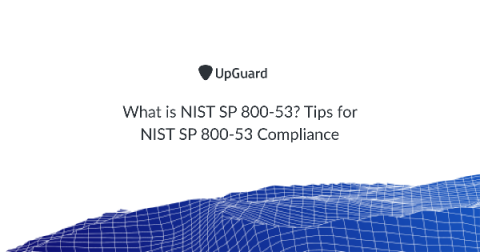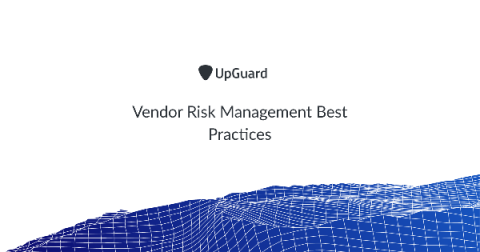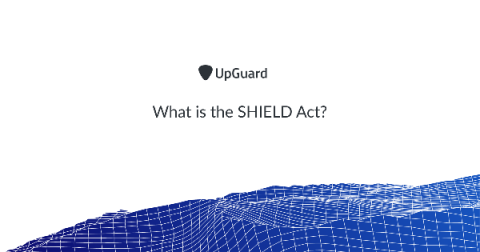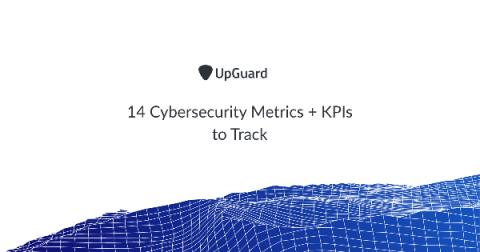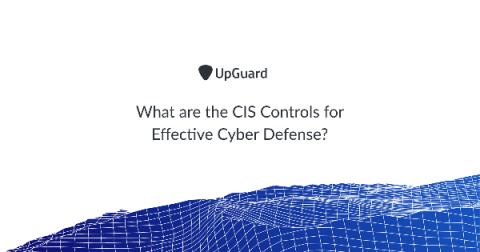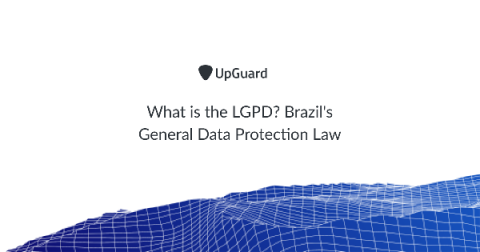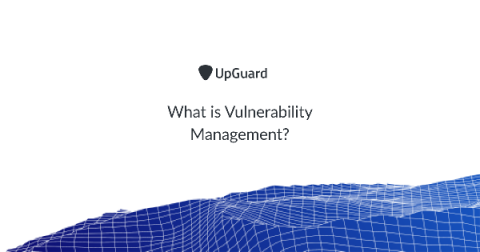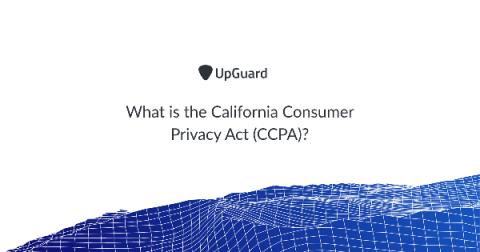What is NIST SP 800-53? Tips for NIST SP 800-53 Compliance
NIST Special Publication 800-53, Recommended Security Controls for Federal Information Systems and Organizations (NIST SP 800-53 or NIST 800-53), establishes an information security standard for the federal government. Specifically, NIST 800-53 establishes security controls and privacy controls for federal information systems and organizations excluding those involved with national security.


